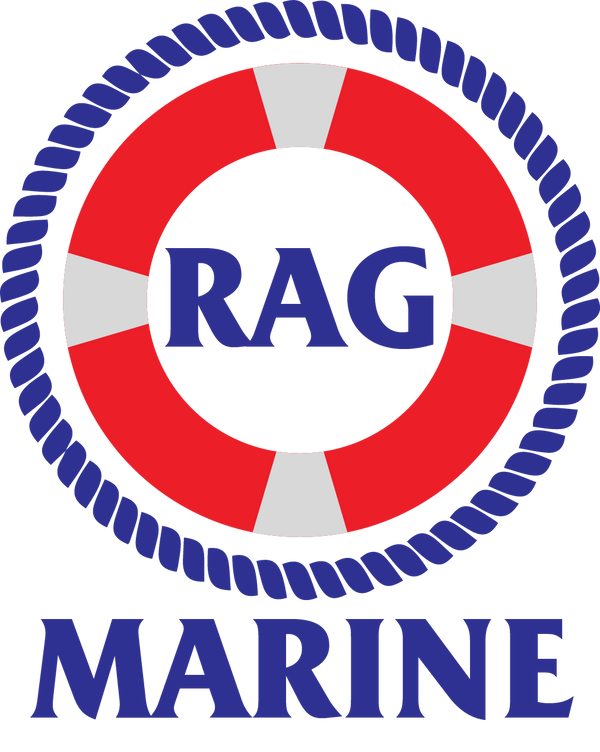Marine Electrical Product: Advancements, Safety, and Sustainability
Share

The marine industry has experienced significant technological advancements in recent years, with marine electrical product playing a crucial role in enhancing safety, efficiency, and sustainability. From navigation aids to power generation and distribution systems, these innovative electrical products have transformed the way ships operate, making maritime transportation safer and more eco-friendly than ever before. In this article, we will explore some of the latest developments in marine electrical products, their benefits, and their impact on the industry.
Navigation and Communication Systems
In the past, maritime navigation heavily relied on traditional methods like compasses and charts. However, advancements in marine electrical products have revolutionized navigation and communication at sea. Global Positioning System (GPS) technology has become an indispensable tool for modern ships, providing accurate positioning, course tracking, and route planning. Additionally, cutting-edge satellite communication systems have facilitated real-time data transmission, enabling ships to stay connected with onshore operations and receive essential weather updates for safer voyages.
Electrical Propulsion Systems
Conventional marine propulsion systems that use fossil fuels are not only costly but also contribute to marine pollution. As environmental concerns grow, the maritime industry has turned to electric propulsion systems as a cleaner and more sustainable alternative. Electric propulsion systems utilize batteries or fuel cells to power electric motors, significantly reducing greenhouse gas emissions and noise pollution. These systems also offer improved maneuverability and lower maintenance costs, making them increasingly popular among shipbuilders and operators.
Power Generation and Distribution
Efficient power generation and distribution are vital for the safe and smooth operation of ships. Marine electrical product have seen substantial advancements in this area, with more efficient generators and power management systems. Many modern vessels integrate renewable energy sources like solar panels and wind turbines to complement conventional power sources, further reducing their carbon footprint and dependence on fossil fuels.
Advanced Control and Monitoring Systems
Marine electrical products have introduced sophisticated control and monitoring systems that enhance ship automation and safety. These systems can remotely monitor and control various ship functions, including engine performance, fuel consumption, temperature, and cargo operations. Automated safety features, such as fire detection and suppression systems, also play a critical role in mitigating potential hazards on board.
Enhanced Safety Measures
Safety is paramount in the maritime industry, and marine electrical products have contributed significantly to improving onboard safety. Advanced electrical systems come equipped with circuit breakers, ground fault protection, and overload prevention mechanisms, ensuring electrical faults do not lead to dangerous situations. Additionally, fire-resistant and watertight electrical enclosures protect critical components from environmental hazards, reducing the risk of electrical failures due to harsh conditions at sea.
Green Initiatives and Sustainability
The maritime industry has been under increasing pressure to adopt sustainable practices and reduce its environmental impact. Marine electrical products have risen to the challenge, paving the way for eco-friendly shipping solutions. As mentioned earlier, electric propulsion systems and renewable energy integration significantly decrease emissions and reliance on fossil fuels. Furthermore, the development of more energy-efficient electrical components contributes to overall fuel savings, making ships more economically and environmentally sustainable.
Conclusion
The continuous advancements in marine electrical products have brought about a transformation in the maritime industry, fostering safer, more efficient, and environmentally friendly ship operations. From modern navigation systems and electric propulsion to enhanced safety measures and sustainable practices, these innovations are propelling the industry toward a cleaner and brighter future. As technology continues to evolve, it is essential for shipbuilders, operators, and stakeholders in the marine industry to embrace these cutting-edge electrical solutions to drive positive change and ensure a sustainable and thriving future for maritime transportation.
